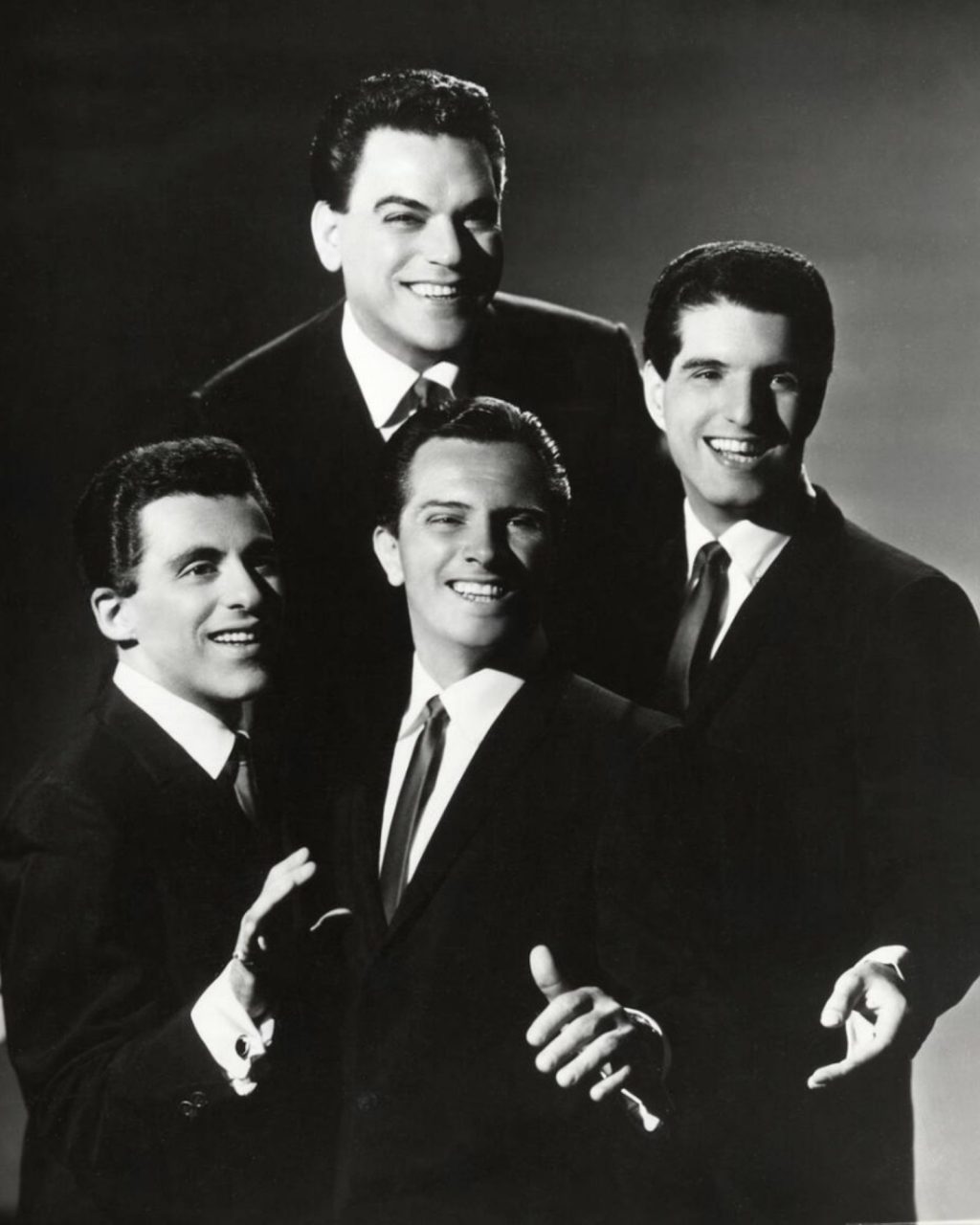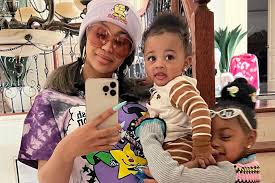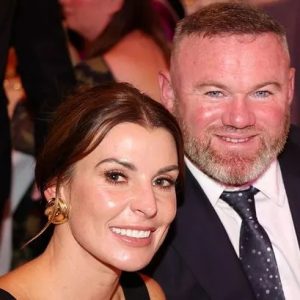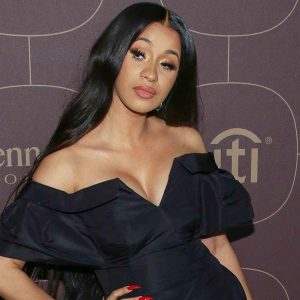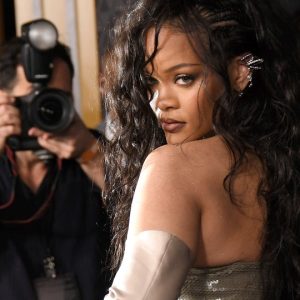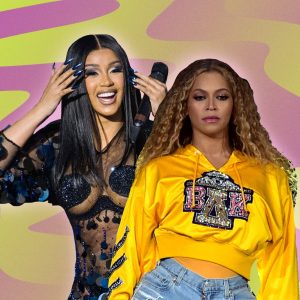“Scroll down to the end of the article to listen to music.”

Introduction
There’s something timeless about the sound of Frankie Valli and The Four Seasons. For many, hearing the opening notes of “Big Girls Don’t Cry” can instantly transport them back to a simpler era, where jukeboxes spun the latest hits and teenagers danced in diners. The song is a prime example of the doo-wop era at its peak—a playful, yet heartfelt reminder of the blend of innocence and rhythm that defined early 1960s pop music. The first time I heard it, I couldn’t help but tap my feet and hum along to its catchy beat. But there’s so much more to this classic than its unforgettable chorus.
About The Composition
- Title: Big Girls Don’t Cry
- Composer: Bob Crewe, Frankie Valli
- Premiere Date: 1962
- Album/Opus/Collection: Sherry & 11 Others
- Genre: Pop, Doo-Wop
Background
The story of “Big Girls Don’t Cry” began with a stroke of inspiration during a film screening. According to legend, Bob Crewe, who co-wrote the song with Frankie Valli, was watching a scene where the line “big girls don’t cry” was used. This line sparked the creative idea that eventually became one of The Four Seasons’ biggest hits. Released in 1962 as the follow-up single to their breakout hit “Sherry,” the song quickly rose to prominence, reaching No. 1 on the Billboard Hot 100 chart and staying there for five consecutive weeks. The catchy chorus, powerful falsetto, and infectious rhythm captured the spirit of the time, making it a quintessential piece of early ’60s pop music.
When it was released, “Big Girls Don’t Cry” was an instant sensation, solidifying The Four Seasons’ reputation as one of America’s favorite vocal groups. The song’s upbeat melody, combined with Valli’s distinctive high-pitched voice, created a unique sound that helped the group stand out during a highly competitive era in music.
Musical Style
At its core, “Big Girls Don’t Cry” is a masterclass in doo-wop fused with elements of classic pop. The song’s structure is simple yet effective, starting with the iconic “silly boy” call-and-response between the lead vocal and harmonies, followed by a driving rhythm section that keeps the energy high. The instrumentation is relatively sparse, allowing the tight harmonies and Valli’s soaring falsetto to take center stage. The song’s catchy beat and the syncopated piano line create an irresistible groove, making it impossible to sit still while listening.
One of the most remarkable aspects of the song is Frankie Valli’s unique vocal style. His use of falsetto was groundbreaking at the time, adding an emotional intensity that contrasted with the lighthearted lyrics. The balance between the playful tone and the driving rhythm makes “Big Girls Don’t Cry” both nostalgic and timeless.
Lyrics/Libretto
The lyrics of “Big Girls Don’t Cry” revolve around a playful, yet somewhat bittersweet theme. The song narrates the story of a romantic breakup, where the male protagonist assures himself that real emotions aren’t meant to be shown. The chorus, with its unforgettable repetition of the title line, seems to suggest a stoic resilience while simultaneously poking fun at the idea of masking one’s true feelings.
Despite its lighthearted tone, the lyrics tap into universal emotions—how we often pretend to be unaffected by heartbreak, even when we’re deeply hurt inside. This theme resonates beyond the era it was written in, making it relatable to listeners even today.
Performance History
Over the years, “Big Girls Don’t Cry” has been performed by The Four Seasons on numerous occasions, becoming one of their signature songs. The group’s live performances were known for their impeccable harmonies and energetic stage presence, which brought the song to life in a way that recordings couldn’t quite capture.
One of the most memorable performances of the song was on “American Bandstand,” where the group’s appearance further solidified their status as pop icons of the 1960s. Over time, “Big Girls Don’t Cry” became a staple in their live sets, often evoking enthusiastic reactions from fans who sang along to every word.
Cultural Impact
Beyond the music charts, “Big Girls Don’t Cry” has made its mark in various films, TV shows, and commercials, reinforcing its status as a cultural touchstone. The song’s upbeat, catchy vibe has been featured in films like Dirty Dancing, and it has often been used to evoke the nostalgic feel of the early ’60s.
The song’s influence can also be seen in the way it inspired subsequent generations of pop and rock artists. The Four Seasons’ harmonies and vocal arrangements paved the way for countless vocal groups, from The Beach Boys to modern pop acts.
Legacy
More than six decades after its release, “Big Girls Don’t Cry” continues to be beloved by music enthusiasts. Its place in pop history is well-earned, as it captures the essence of a pivotal moment in American music. The song’s upbeat message of emotional resilience, delivered through Valli’s distinctive falsetto and the group’s tight harmonies, still resonates today.
The Four Seasons’ music, particularly songs like “Big Girls Don’t Cry,” showcases the enduring appeal of catchy, well-crafted pop tunes. It’s no wonder that their music remains a staple on oldies playlists and continues to introduce new generations to the magic of 1960s pop.
Conclusion
Reflecting on “Big Girls Don’t Cry,” it’s easy to see why it remains a favorite among fans of classic pop music. The song is a perfect blend of catchy melodies, heartfelt lyrics, and infectious rhythms that can brighten anyone’s day. If you’ve never listened to it, I highly recommend checking out the original recording or, even better, watching a live performance to experience the full charm of The Four Seasons. It’s a timeless reminder that sometimes, it’s okay to put on a brave face—even if you’re not quite feeling it inside.
Video
Lyrics
Big girls don’t cry Big girls don’t cry Big girls don’t cry (they don’t cry) Big girls don’t cry (who said they don’t cry?) My girl said goodbye (my, oh, my) My girl didn’t cry (I wonder why) told my girl we had to break up (Silly boy) hoped that she would call my bluff (Silly boy) then she said to my surprise “Big girls don’t cry” Big girls don’t cry (they don’t cry) Big girls don’t cry (who said they don’t cry?) Baby I’m a fool (I’m such a fool) “Shame on you” your mama said (Silly girl) “Shame on you, you’re cryin’ in bed” (Silly girl) “Shame on you, you told me lies” Big girls do cry Big girls don’t cry (they don’t cry) Big girls don’t cry (that’s just an alibi) Big girls don’t cry Big girls don’t cry Big girls don’t cry Big girls don’t cry
Big girls don’t cry
